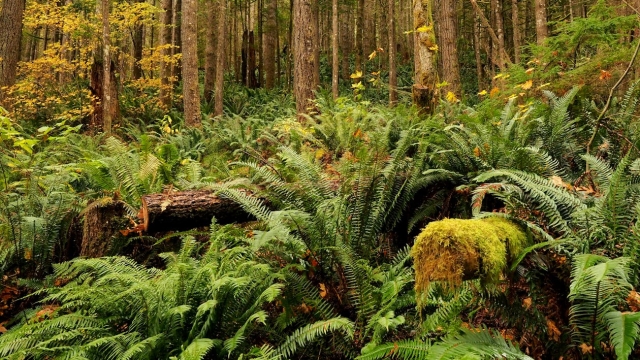
Harmony in Diversity: Exploring the Wonders of Ecology and Biodiversity

In today’s world, where diversity is celebrated and acknowledged in various aspects of life, ecology and biodiversity stand out as fundamental components that shape our planet’s richness and resilience. Jangkrik.ac.id, an esteemed online platform dedicated to educating and inspiring individuals, serves as a beacon for those seeking to delve deeper into the wonders of the natural world. As an Ecology Learning Center, Jangkrik.ac.id embodies a steadfast commitment to providing accessible resources that illuminate the intricate web of life and highlight the paramount importance of preserving our ecosystems. Through their comprehensive approach, they illuminate the essential role that ecology plays in upholding the delicate balance of nature, offering insights that empower individuals to become stewards of our environment and champions of biodiversity conservation.
The Importance of Biodiversity
Biodiversity is essential for the health of our planet. It encompasses diverse ecosystems, species, and genetic variations that work together in perfect harmony, creating a web of life that sustains all living organisms. Each component of biodiversity, from the tiniest microorganism to the largest mammal, contributes to the intricate balance of nature.
The preservation of biodiversity is crucial for the stability of ecosystems and the services they provide to humans. Plants and animals depend on each other for survival, forming complex relationships that regulate climate, purify air and water, pollinate crops, and much more. By protecting biodiversity, we safeguard these invaluable services and ensure a sustainable future for generations to come.
Loss of biodiversity poses a serious threat to global ecosystems and human well-being. Human activities such as deforestation, pollution, and overexploitation of natural resources have led to the rapid decline of many species and habitats. To reverse this trend, it is imperative that we take immediate action to conserve biodiversity and restore the delicate balance of nature.
Conservation Efforts
In efforts to preserve our planet’s biodiversity, numerous conservation programs are being established worldwide. These initiatives focus on protecting endangered species, restoring habitats, and promoting sustainable practices that benefit both wildlife and ecosystems.
Eco-Empowerment Center
One significant approach to conservation is the establishment of protected areas such as national parks, marine reserves, and wildlife sanctuaries. These designated zones serve as safe havens for various species to thrive without human interference, helping to maintain biodiversity and prevent species extinction.
Furthermore, public awareness campaigns and educational programs play a crucial role in promoting conservation efforts. By educating communities about the importance of preserving ecology and biodiversity, individuals are encouraged to take action in their daily lives to support environmental sustainability and protect the natural world for future generations.
Connecting Ecology to Everyday Life
Ecology is not just a distant concept confined to textbooks and research labs. It is a living, breathing reality that influences our daily lives in countless ways. From the food we eat to the air we breathe, ecology is intricately woven into the fabric of our existence.
Take a moment to consider the simple act of enjoying a meal. Every bite we take is a direct connection to the natural world, as all our food ultimately comes from ecological processes. Whether it’s the fruits and vegetables grown in soil teeming with life or the fish caught from the depths of the ocean, our sustenance is a testament to the intricate web of life that sustains us.
Beyond sustenance, ecology also shapes the environments we inhabit. From the trees that provide shade on a hot day to the birds that serenade us in the morning, the biodiversity around us enriches our lives in ways both seen and unseen. By recognizing and appreciating these connections, we can cultivate a deeper sense of stewardship towards the delicate ecosystems that support us.



